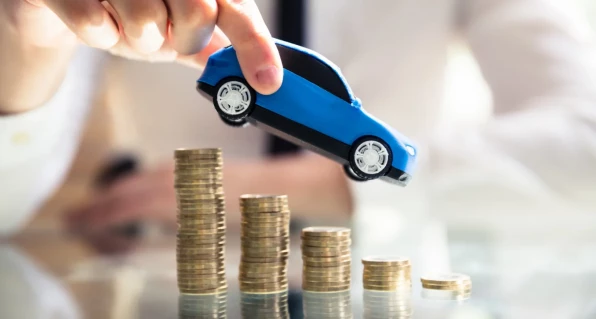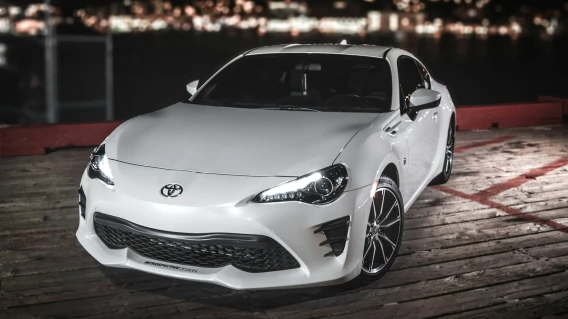Premium vs. Regular Gas Explained
One of the most typical decisions made by people who own cars is whether to fill their tank with premium gas or regular gasoline. It's a decision that's frequently misunderstood, and one that might end up costing you more money at the gas station than it has to.
Here, we'll begin with the fundamentals of deciding between regular and premium gas while filling up your car or truck. When do you need premium gas? How can you tell whether your car needs higher octane gas? Why not use cheaper gas? What are the benefits? As your gas gauge starts to go low, here's what you need to learn about premium petrol.
Premium Gas Explained
The distinction between "premium" and "regular" gasoline varies from one state to the next. Typically, ordinary gas has an octane rating of 87, whereas premium ranges from 91 to 94. Higher compression ratios in some engines benefit from gasoline with a higher octane rating. This phrase describes the explosion of air and fuel that causes the pistons of an engine to repeatedly move up and down.
Furthermore, it is advised that vehicles with high compression ratios, such as those equipped with turbochargers, use premium gas for optimal performance. We don't only mean quick acceleration times when we say that. Your car's efficiency, power, and pollution are all affected by the gasoline you use. If you go through the owner's handbook, you should be able to know what type of gas the manufacturer suggests using.
Premium vs. Regular Gas
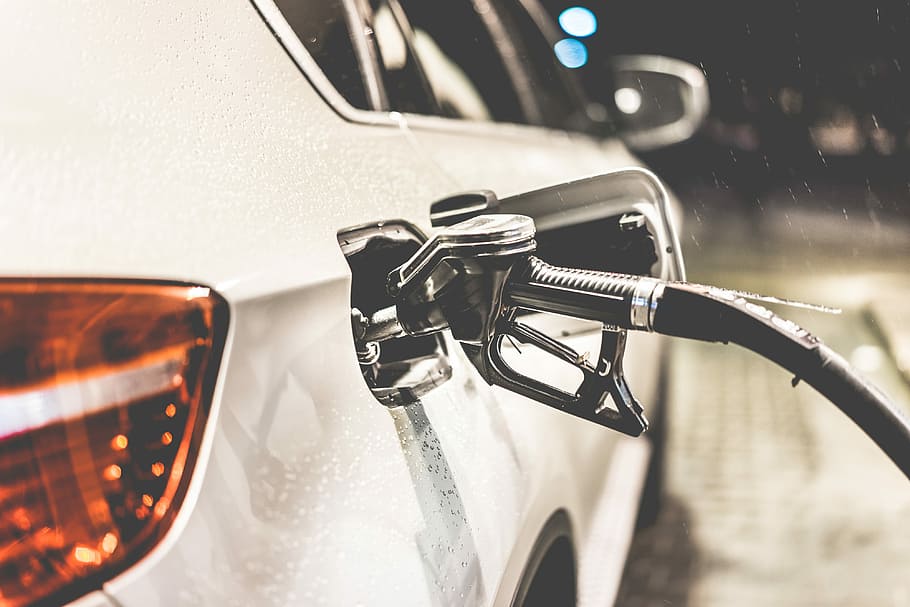
As we said earlier, turbocharged cars and those with high compression ratio engines are typically advised to use premium gas. By making use of it, you may keep vital aspects such as performance and fuel efficiency at their original levels. In addition, it lessens the possibility of the engine "knocking." Not even your automobile knocking on the front door would suffice. Engine problems caused by knocking can be severe.
Incorrect air/fuel ratios in the piston's combustion chamber result in audible engine knocks. Extensive engine banging might result in costly repairs down the road. It may be worthwhile to spend a bit more per gallon if it means avoiding costly repairs down the road due to knocks and pings. AAA states that the national average price for a gallon of regular gasoline is $3.26 at the moment this article was written, a decrease from the record high of $5.016 in 2022.
The average price of a high grade is $4.01. If you are buying 13 gallons of gas, that will save you $9.75. Considering that the three best-selling new cars for sale in the United States are all full-size pickup trucks, this is a substantial sum. The price difference between ordinary and premium fuel increases dramatically when filling up a large vehicle's tank.
What Makes Premium Gas Different From Normal Gas?
Most times, regular gas has an octane rating of 87, whereas premium gas often has a rating of 91 or 93. More compression may be applied before detonation occurs in fuel with a higher octane rating. The risk of an accidental explosion is reduced when the octane rating is higher. Sometimes, your car will be OK if this happens.
But, if this keeps happening to your engine, it might accelerate its performance deterioration. High compression ratio engines and turbocharged vehicles benefit greatly from the higher octane gasoline available in premium gas. Nonetheless, modern automobiles are designed to operate efficiently while using regular gasoline.
| Gas type | Advantages | Disadvantages |
| Premium |
|
|
| Regular |
|
|
Is It OK To Mix Premium Gas With Unleaded?
Even though it's not advised, you probably won't notice much of a difference in your car's performance if you mix ordinary and premium petrol. But, if your automobile is a high-performance or luxury model that requires high-octane fuel, you may experience a loss of acceleration or a string of strange noises. Compared to standard gas, which has an octane rating of only 87, premium gas has a far higher rating of 91.
When combined in a 1:1 ratio, the resulting gasoline has a grade of 89, or "mid-grade." Decreasing the octane in premium vehicles will slow them down temporarily but shouldn't damage them permanently. If you need premium petrol and a gas station is out, but you only have regular gas, it's better to add a gallon or two of ordinary gas so you can go to another gas station, where premium gas could be available.
After you have arrived at the next gas station, perform a standard fill-up using the premium gasoline with a higher octane rating as you would usually. When combined with the fresh supply of premium gasoline, the one or two gallons of regular fuel you poured into the tank earlier won't create any problems. Several petrol stations and convenience stores along highways also sell octane boosters. If you need to use regular fuel in your high-end car, these convenient little bottles will help you get the most out of it.
Car Octane Requirements
Regular, midgrade, and premium fuels are often available at gas stations. The octane ratings of these various fuels vary widely. Depending on where you live, regular gas will have approximately 87 Octane, mid-grade gas will have 89, and premium gas will have between 91 and 93. If your car needs high-octane fuel—defined as anything above 90 in most of the United States—you should use premium instead of normal or mid-grade to get the most out of it.
Vehicles with turbochargers or large engines typically need premium fuel. Vehicles with such high compression ratios require high-octane gasoline for optimal performance. There may be noises produced by the engine or a decrease in overall performance if low-octane gasoline is introduced into a turbocharger.
What Makes Premium Gas Different From Regular?
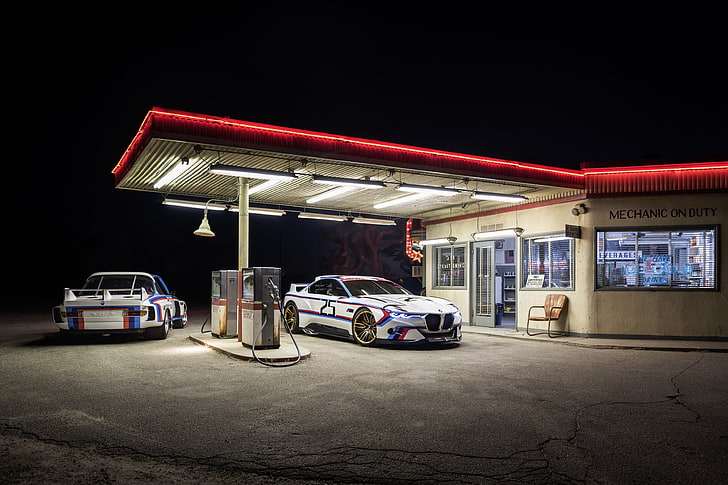
Premium gas has a higher octane rating than conventional gas, and knowing this might help you tell the difference. Octane is added to gasoline to make the combustion process in an engine more efficient. Fast-combustion high-performance automobiles benefit most from fuels with a higher octane rating. Mistimed combustion is reduced when high-octane gasoline is used in these high-performance vehicles.
When compared to conventional gas, premium fuel has a higher octane rating. Depending on where you are located, the average is between 91 and 93. In reality, there are locations where premium gas has an octane value higher than 93. Yet, the octane rating of ordinary gas is 87. Mistimed combustion is more common with lower octane levels in gasoline. If the octane number is high, then there is less of a danger of untimely combustion.
One possible explanation for the occasional usage of premium gasoline in conventional gas automobiles is that it is more effective at avoiding engine knock. Low-frequency pings from time to time won't damage your used cars. Unfortunately, doing this again and over again will hasten the wear and strain on your engine, which will eventually lead to damage.
How Can I Maximize My Fuel Efficiency?
The first step is to maintain regular auto service. Fuel might be wasted if the engine isn't in good condition. It's noted that a loss of 0.3% in fuel economy occurs for every pound of pressure lowered in all four tires, thus keeping them properly inflated is essential. You should also use the correct grade of motor oil, just as you should use the gasoline octane level advised by the manufacturer. Doing so can significantly increase the efficiency of your gasoline.
Second, find ways to reduce the weight you have to carry. When you are not transporting anything, you should lower your roof storage rack and unload any cargo that is resting there that is not being used. You'll go through a lot more gas to get the same amount of movement with this on board. For the same reason, you should maintain a clean trunk or cargo compartment regularly.
Finally, when waiting for an extended amount of time, try to avoid idling your vehicle. Leaving the car running may seem convenient, but it uses more petrol than turning it off. If you need to get some fresh air, crack that window open. Also, whenever you can, set your car on cruise control and enjoy the ride. You may conserve gasoline and save wear on your vehicle by maintaining a constant pace rather than accelerating and decelerating often. However, ensure that you check the VIN number before buying the vehicle.
Mixing Regular and Premium Gas: Endnote
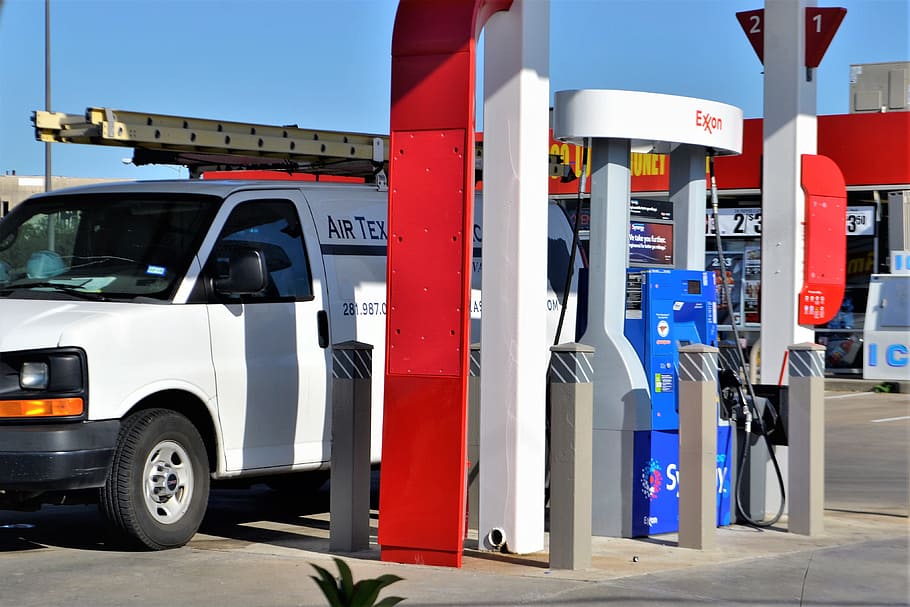
It is typically not a good idea to combine premium and normal gasoline in any vehicle. If you have a premium automobile, you should only use premium fuel in it; if you have a standard car, you should stick with regular petrol. A car designed to operate on normal gas will not benefit from mixing the two, while a car designed to run on premium gas may not perform as well. Don't experiment with your car's octane rating until necessary.
What’s more, you should get the OK from car specialists before you start pumping premium gas into your ordinary vehicle. Do not allow yourself to be misled by the widespread belief that using premium fuel in conventional automobiles will improve the vehicle's maneuverability, handling, and overall performance. The most important thing for any vehicle is to do routine maintenance and inspections at the recommended intervals. You'll never have to worry about your car's performance while using the two together.
Frequently Asked Questions
Since regular unleaded gas burns more quickly than premium unleaded gas, it is better suited for use in vehicles that have engines with lower compression ratios. Premium fuel is recommended for engines with a high compression ratio.
If your luxury vehicle has a high-performance or turbocharged engine, you may need to use premium petrol. A vehicle's upper trim levels may demand premium petrol even if you're not specifically shopping for a luxury brand.
There is no difference in fuel tank longevity between ordinary and premium gas. The only time a person who owns a car could give thought to how long the gas in their vehicle will last is if it has been lying unused for a prolonged period.
Most typical automobiles can run on regular gasoline, as noted by the Federal Trade Commission "There is no benefit to using a higher octane fuel than what is recommended in the vehicles manual. It will not improve your car's performance, speed, gas mileage, or emissions."
Your vehicle's fuel type requirements are specific to its make, model, and year. In most cases, this information will be clearly displayed on the gas cap or included in the user manual. In some vehicles, the term "Premium" may also appear on the dashboard next to the low fuel indicator.





